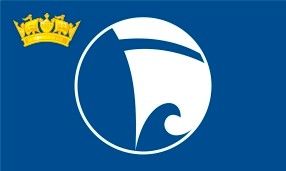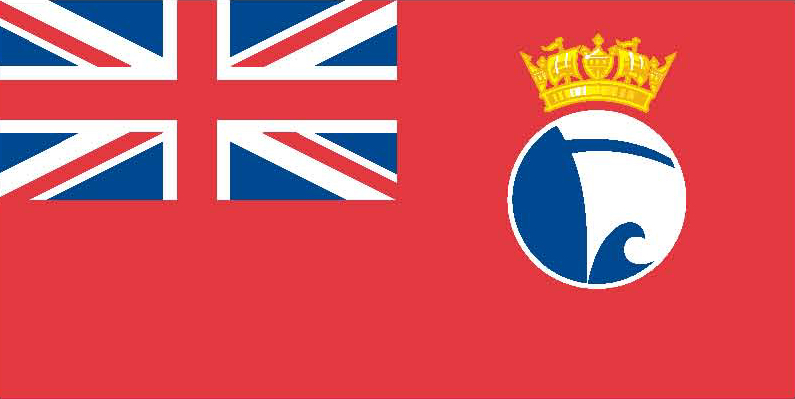Details
Construction
Dimensions
History
The steam barge RAVEN was built in 1871 by T B Seath & Co of Rutherglen for the Furness Railway to provide cargo services on Lake Windermere. Her hull is of rivetted iron and she retains her original single cylinder steam engine. She had tiller steering and carried mail, coal, timber, farm produce, and general cargo from the Lakeside railway terminus to the houses and hotels beside the lake, especially those scattered on the western side, and the railway warehouses at Ambleside and Bowness. During winter she acted as an icebreaker for the Furness Railway passenger steamers. Road competition brought her career to an end in 1922 and she was sold to Vickers Armstrong for testing mine-laying equipment. The present boiler was installed in about 1926.
By the 1950s, RAVEN was abandoned and semi-derelict and, in 1956, was bought by George Pattinson, who amassed a collection of Windermere steam craft. In 1971, RAVEN's enginer and boiler were overhauled, and on her 100th birthday, she once again steamed down the lake, painted in her original Furness Railway colours. RAVEN and the other vessels in the collection were displayed in the Windermere Steamboat Museum, which opened in 1977. The museum closed in October 2006 for restoration, and passed to the Lakeland Arts Trust in 2007. RAVEN is the second oldest vessel on Lloyds Register of Yachts and the oldest with her original machinery.
We are currently seeking further information on this National Historic Fleet vessel. If you have any details about this vessel past or present, please contact us.
Significance
SS Raven is considered to be an extremely important example of a cargo vessel used on a sheltered inland waterway in the period 1870 to 1920. It is an early example of an iron barge which was built during a period when wood was still the predominant material used in the construction of these vessels.
The movement of bulk goods in the later half of the 19th century was problematic, railways had certainly helped move items a distance but water was still a predominant mover. SS Raven is unique in being the only survivor built and used for lake transport.
SS Raven would be considered pre-eminent under the following criteria (these are adapted from the Re:Source/MLA Acceptance in Lieu criteria):
- The object is of especial nautical interest and maritime historical interest
- The vessel has an especially close association with a particular location. Collier argues further and states the vessel would also be considered pre-eminent under the following criteria
- The vessel has a close association with the history and national life of Britain.
- The vessel is of especial importance for the study of social and engineering history
Key dates
-
1871
Built by T. B. Seath & Co of Rutherglen for the Furness Railway
-
1922
Sold to Vickers Armstrong for testing mine-laying equipment
-
1926
Present boiler installed
-
1950s
Abandoned and semi-derelict
-
1956
Bought by George Pattinson as part of a collection of Windermere steam craft
-
1971
Engine and boiler overhauled, and on her 100th birthday, she steamed down the lake, painted in her original Furness Railway colours
-
1977
Displayed in the Windermere Steamboat Museum alongside rest of collection
-
2006
Museum closed for restoration
-
2007
Collection passed to the Lakeland Arts Trust
-
2016
Brought ashore for conservation.
-
2019
Installed as an exhibit Windermere Jetty Museum
Sources
Brouwer, Norman J, International Register of Historic Ships, Anthony Nelson, Edition 2, 1993
Sullivan, Dick, Old Ships, Boats and Maritime Museums, Coracle Books, 1978
Steamboat Register: An illustrated Register of surviving steam vessels in the British Isles, Steam Boat Association of Great Britain, Edition 6, May 1994
Windermere Steamboat Museum and Motorboat Collection, Windermere Nautical Trust Ltd, 1998
Own this vessel?
If you are the owner of this vessel and would like to provide more details or updated information, please contact info@nationalhistoricships.org.uk









